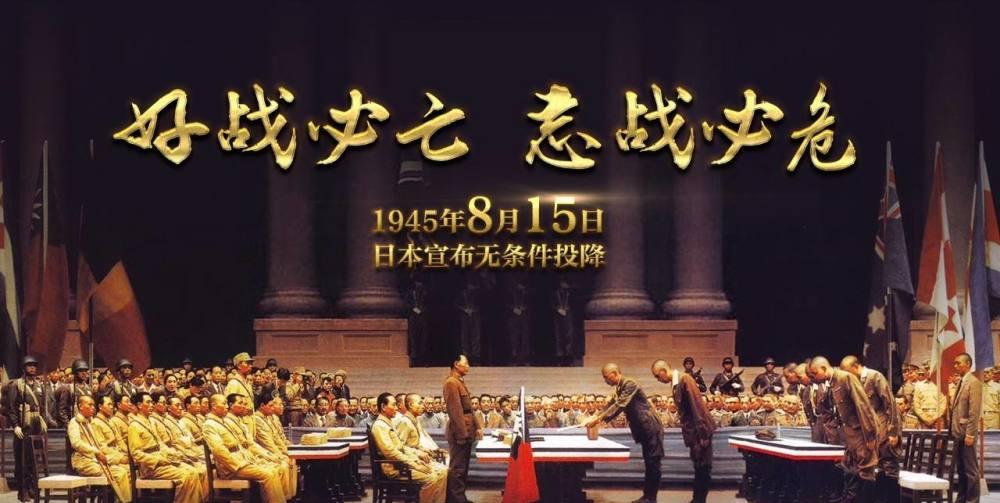On December 13, we celebrated the eighth National Day of Public Worship. On this day of national mourning, we pay tribute to the 300,000 compatriots who died in the Nanjing Massacre, and also pay tribute to all those who rose up to resist foreign aggression and contributed to the cause of the liberation of the Chinese nation. If we have not forgotten, history will not forget. On July 7, 1937, the Japanese invaders brazenly launched an all-out war of aggression against China. For a time, China's urban and rural areas were in flames of war, and the smoke of gunfire was everywhere, and the Chinese people suffered a lot. On December 13, 1937, the Japanese invading China brutally invaded Nanjing, and 300,000 compatriots were brutally killed. This is a horrific massacre and an appalling crime against humanity. History will not forget, the Chinese people will not forget, and the Chinese nation will not forget! Today, we have a considerable confidence to comfort our compatriots. Compared with the broken mountains and rivers of that year and the country will not be a country, today's China has turned the world upside down. In 2021, the Communist Party of China ushered in the centenary of its founding, and we realized our first centenary dream of building a moderately prosperous society in an all-round way. China is no longer as poor and humiliated as an international player, and as a pivotal power in the world, we are closer to the center of the world stage than ever before. The page full of humiliation has been completely turned over by us. The author believes that we should remember history and never forget the past, and never let history repeat itself.

Looking back, after the Lugou Bridge Incident in 1937, Japan launched a comprehensive war of aggression against China and committed heinous crimes on the land of China. On December 13, 84 years ago, the Japanese army broke into the city of Nanjing and carried out a six-week massacre of our unarmed compatriots. In this dark massacre, 300,000 of my compatriots were killed, countless women were trampled and maimed, countless children died, one-third of the buildings in Nanjing were destroyed, and a large amount of property was plundered by the Japanese army. This massacre of humanity perpetrated by the Japanese army invading China is one of the "three major massacres" in the history of World War II, an appalling crime against humanity, and the darkest page in human history. It should be said that the Nanjing Massacre was not a catastrophe for the destruction of a city, but a catastrophe for a nation, and it is a pain that cannot be forgotten in the depths of the history of the Chinese nation. According to the Tokyo Ilbo Shimbun (now the Mainichi Shimbun) on December 13, 1937, two second lieutenant officers of the Nakajima Unit of the Japanese Sixteenth Division, Toshiaki Izumi and Takeshi Noda, with the encouragement of their commanders, agreed to a "killing contest" between them, agreeing on who would kill 100 people first when occupying Nanjing. In the end, Noda killed a total of 105 people, and Xiang Inu killed a total of 106 people. Because they could not determine who would kill 100 people first, they decided that this game would not be won or lost, and then re-competed who killed 150 Chinese. From the beginning of the "Lugou Bridge Incident" on July 7, 1937 to the announcement of Japan's surrender on August 15, 1945, in the past eight years, the number of direct casualties of Chinese people reached more than 35 million, countless people died of frostbite and starvation, and direct and indirect property losses totaled more than 62 billion US dollars.
Remembering history and not forgetting the past, we will never let history repeat itself. You listen, the crowd sings "On the Songhua River", "There are my compatriots there", "When can we gather together", is the blood and tears of the past; you listen, the air echoes in the air, the sound of air defense sirens, is a warning from the depths of history; you listen, a bell ringing alarm, a car whistle, from the past to the present, the sound through the sky, enlightenment later... A page of history, so impressive and eye-catching, is imprinted in people's hearts. However, the Japanese side is still unwilling to admit the crimes against humanity committed by the cold-blooded ancestors, and the yasukuni Shrine ghost worship incidents have occurred from time to time. History is not what we are willing to remember, but what we must remember. Our holding of a national memorial service for the victims of the Nanjing Massacre on the one hand demonstrates the concept of remembering the compatriots who died, pining our condolences on mourning, reflecting on history, and warning against the future; on the other hand, we must remember history, safeguard peace, and never allow history to be denied or distorted, never allow militarism to make a comeback, and never allow historical tragedies to repeat themselves.
Sacrifice in the name of the nation is not to perpetuate hatred, but to arouse the yearning and perseverance of every good person for peace. In today's world, we are in a major change unprecedented in a century, the world is undergoing major adjustments and changes, and non-traditional security threats such as terrorism, cybersecurity, major infectious diseases, and climate change continue to spread and threaten the world. But whatever the future holds, peace and development will be eternal themes. Today, the era when the Chinese nation was left to be slaughtered by others is gone, and the era when the Chinese people were bullied is gone. We have the ambition, the confidence and the backbone, through the determination to develop and strengthen ourselves, we will gather the power of peace, work together with all countries to build a world of lasting peace and common prosperity, and jointly create a promising future of world peace.